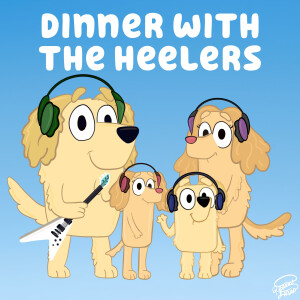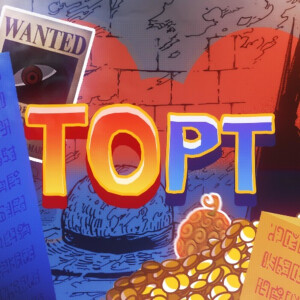More Episodes
Comic Picks #35: Vagabond
 2009-07-08
2009-07-08
 93
93
Comic Picks #34: The Goon
 2009-07-01
2009-07-01
 133
133
Comic Picks #33: Tezuka's Bricks
 2009-06-10
2009-06-10
 93
93
Comic Picks #32: The Dark Tower
 2009-05-27
2009-05-27
 111
111
Comic Picks #31: Art Manga!
 2009-05-13
2009-05-13
 100
100
Comic Picks #30: Wolverine
 2009-04-30
2009-04-30
 75
75
Comic Picks #29: X-Men -- Before and beyond Messiah Complex.
 2009-04-15
2009-04-15
 101
101
Comic Picks #28: Powers
 2009-03-25
2009-03-25
 78
78
Comic Picks #27: Watchmen
 2009-03-11
2009-03-11
 81
81
Comic Picks #26: Battle Angel Alita
 2009-02-25
2009-02-25
 105
105
Comic Picks #25: Kiyohiko Azuma
 2009-02-11
2009-02-11
 86
86
Comic Picks #24: Hitman
 2009-02-01
2009-02-01
 76
76
Comic Picks #24
 2009-01-28
2009-01-28
 76
76
Comic Picks #23 -- New Year, New Hopes
 2009-01-14
2009-01-14
 71
71
Comic Picks #22 -- The Spirit of Frank Miller
 2008-12-30
2008-12-30
 82
82
Comic Picks #21 - Holiday Recommendations
 2008-12-03
2008-12-03
 62
62
Comic Picks #20 -- Just another week at the comic shop.
 2008-11-19
2008-11-19
 69
69
Comic Picks #19 - Manga
 2008-11-12
2008-11-12
 120
120
Comic Picks #18 - Halloween picks
 2008-10-29
2008-10-29
 69
69
Comic Picks #17 - Warren Ellis Pt. 2
 2008-10-15
2008-10-15
 91
91
Create your
podcast in
minutes
- Full-featured podcast site
- Unlimited storage and bandwidth
- Comprehensive podcast stats
- Distribute to Apple Podcasts, Spotify, and more
- Make money with your podcast
It is Free
You may also like

Otaku’s Anonymous


Dinner with the Heelers - A Bluey Podcast


That One Piece Talk


The Anime Effect


The One Piece Podcast


- Privacy Policy
- Cookie Policy
- Terms of Use
- Consent Preferences
- Copyright © 2015-2024 Podbean.com


 iOS
iOS Android
Android